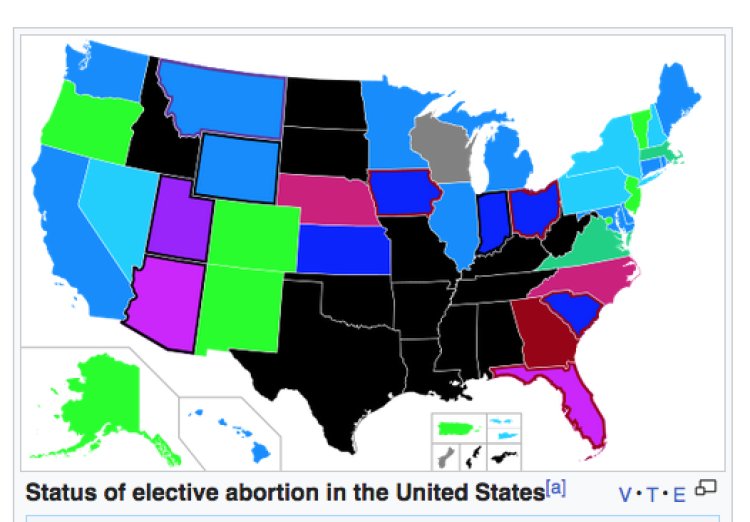Hirono calls on DOJ to enhance protection of reproductive health care right to travel
Senator Hirono urges the Department of Justice (DOJ) to strengthen protection for the right to travel in relation to reproductive health care.

WASHINGTON - Senators Mazie K. Hirono (D-Hawaii), Elizabeth Warren (D-Mass.), Dianne Feinstein (D-Calif.), Peter Welch (D-Vt.), Raphael Warnock (D-Ga.), Alex Padilla (DC.DB .Y.), and John Fetterman (D-Pa.) jointly appealed to the Department of Justice (DOJ) on July 19, urging the protection of the right to travel for reproductive health care. The lawmakers expressed concern about state-level attempts to obstruct women's access to abortion care in other states.
In their letter, the senators highlighted how healthcare providers had raised concerns that these laws were causing delays in abortion care for patients who needed to cross state lines to access essential services. They also noted that some states had taken extreme measures by criminalizing women's right to travel for abortion care.
The senators pointed out that more than a year had passed since the Supreme Court's decision to overturn Roe v. Wade, and since then, 19 states had implemented near or total abortion bans, while others had enforced additional restrictive laws, endangering the lives and health of countless Americans.
Attorney General Merrick Garland had previously asserted that the Supreme Court's decision should not impede the constitutional right to travel. However, certain politicians in various states were attempting to limit access to abortion care by targeting this fundamental right.
The letter referred to specific instances of restrictive laws in certain states. For example, Idaho enacted a law prohibiting adults from assisting young individuals in traveling to another state for abortion care, even in cases of incest or parental abuse. A lawsuit was filed against Idaho Attorney General Raúl Labrador to challenge this law.
Other states were considering similar restrictive legislation. For instance, Iowa lawmakers proposed criminalizing providers who offer care to out-of-state patients, while Texas and Tennessee were contemplating laws that would cut off government funding for abortion care, including costs associated with out-of-state travel.
The senators concluded by expressing their alarm at the potential assault on Americans' rights caused by attempts to curb interstate travel for reproductive health care. They requested a briefing from the DOJ to understand its assessment of these efforts and its stance on safeguarding the right to travel and the constitutional right to interstate travel.

 chandni
chandni 



